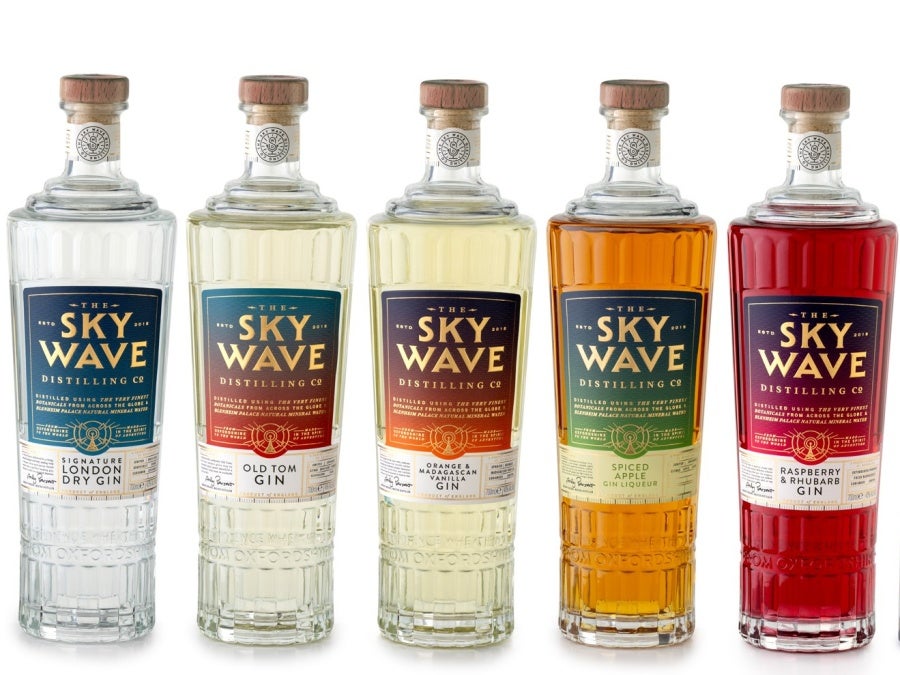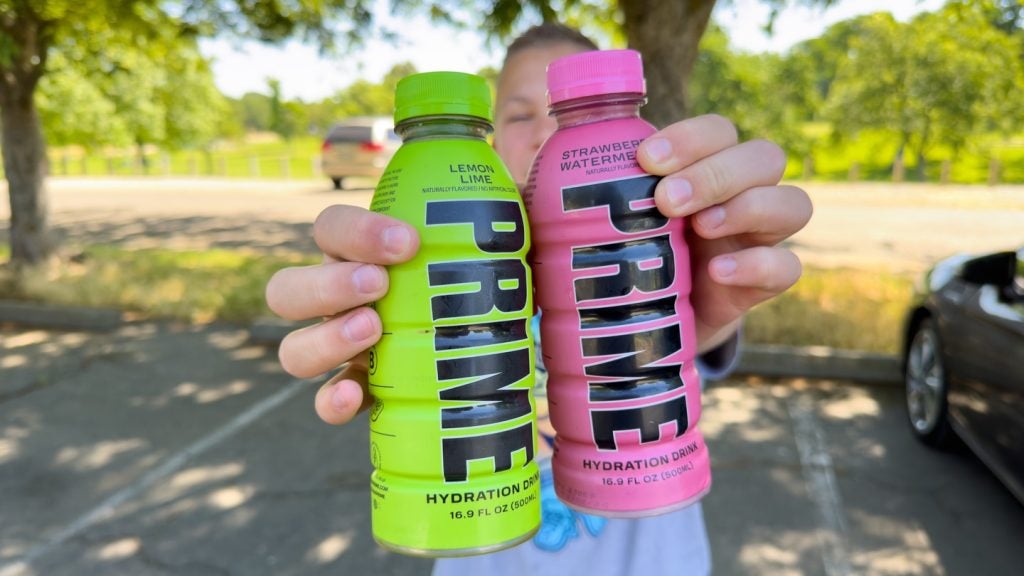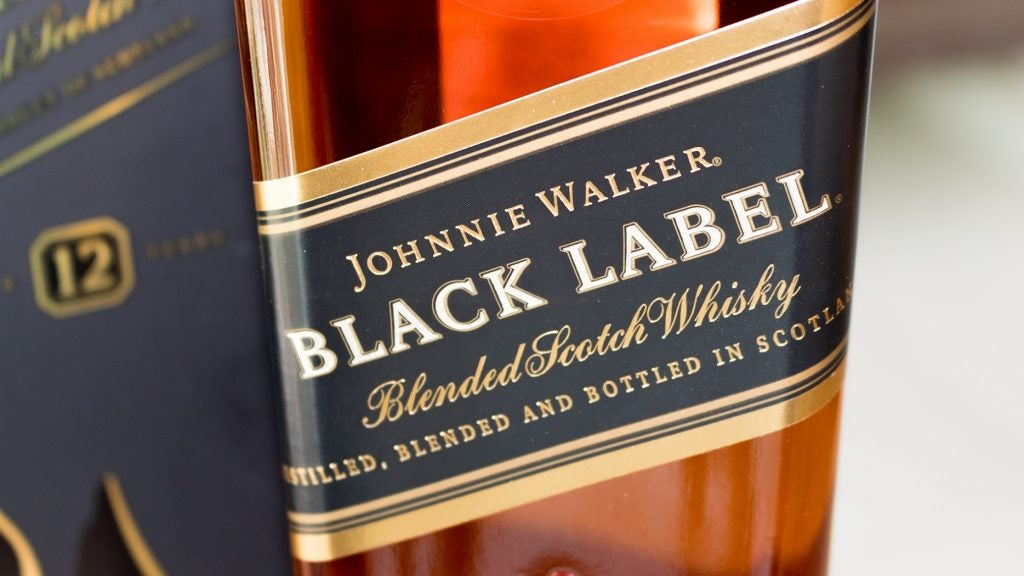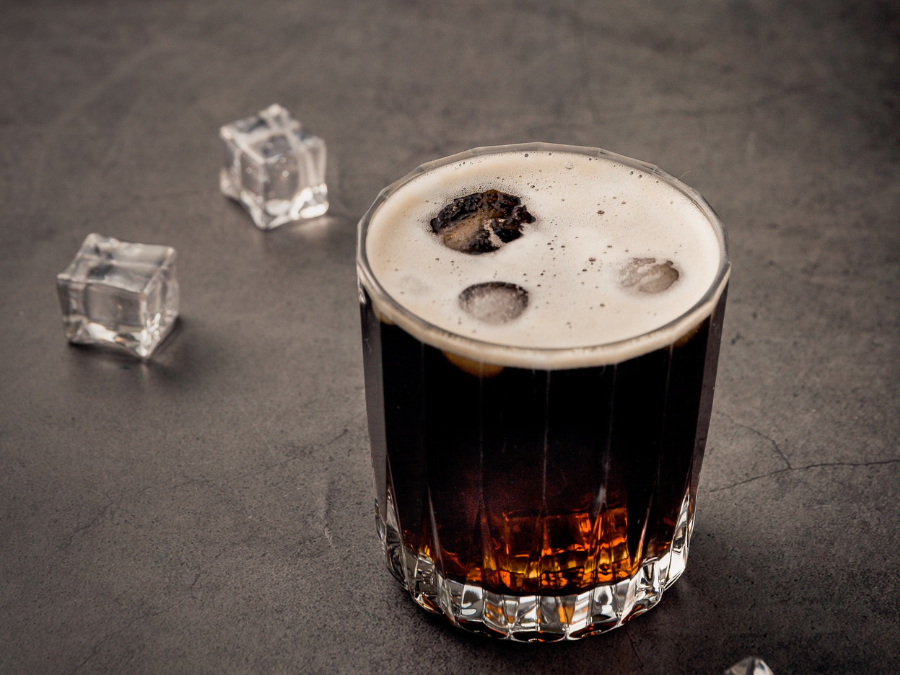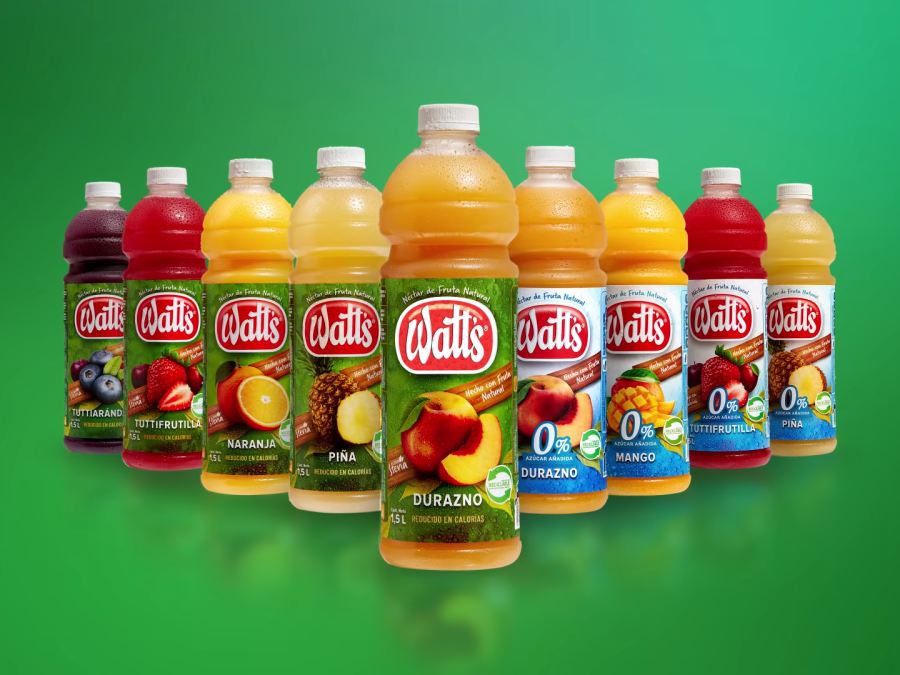Alongside our daily news coverage, features and interviews, the Just Drinks news team sifts through the week’s most intriguing data sets to bring you a roundup of the week in numbers.
This week, we took a look at Diageo's geographic reporting divisions after the drinks giant reported underperformance in Latin America, eyed Oatly's third-quarter results after the Swedish manufacturer canned several factory builds and analysed the OIV's predictions for global wine production in 2023.
Latin America to hit Diageo H1 profits
Today Diageo saw shares tumble after issuing a profit warning due to underperformance in Latin America.
In the 12 months to 30 June 2023, the drinks giant generated 11% of annual net sales in Latin America and the Caribbean, it’s fourth largest market.
The bulk of sales are generated in North America (39%) followed by Europe (21%). Latin America is second to Africa, which accounts for 10% of Diageo’s sales.
Diageo expects underlying operating profits to fall in the first half of its financial year amid pressure on its business in the region. Diageo also sees organic operating profit declining in the first half of its 2024 financial year.
The Johnnie Walker owner pointed to “a materially weaker performance outlook” for its operations in Latin America and the Caribbean and said its new guidance was “primarily due” to lower net sales in the region, plus “increased trade investment, lower operating leverage and adverse mix resulting from downtrading”.
CEO Debra Crew said the whole spirits industry was seeing pressure on sales in Latin America.
Oatly sees growing year-on-year revenue in Q3
Swedish alt-milk giant Oatly’s revenue hit $187.6m in the third quarter of 2023, a 2.5% increase year on year. Revenue growth in retail was “partially offset by declines in the foodservice and other channels” when compared with the same period in 2022.
In the company’s third-quarter financial results, released this week, EMEA revenue increased 23% to $101.8m. Sold volume in the region was also up by 6.3%, powered mostly “by continued solid growth” in its key markets as opposed to new market expansion.
Revenue in the Americas saw a 3.6% decline compared to the same period last year, going down from $60.7m to $58.5m. Sold finished goods volume decreased by 5.6% to 34 million litres. Oatly pointed to lower volumes in foodservice that were “partially offset” by volume growth retail.
The results also revealed Oatly had cancelled plans to build production facilities for its EMEA and Americas segments. Oatly’s 2022 annual report shows the company had three sites “under construction or in the planning stage” – one in the UK town of Peterborough, another in the US city of Fort Worth and a third in China.
World wine production to hit 60-year low in 2023
World wine production is set to hit a 60-year low in 2023 following “significant declines” in key nations across both hemispheres, data suggests.
Total production (excluding juices and musts) is estimated between 241.7mhl and 246.6mhl, the smallest production since 1961’s 214mhl and a 7% drop on 2022, according to initial estimates from the International Organisation of Vine and Wine (OIV).
The intergovernmental organisation put falling production down to “extremely low harvest volumes” in the Southern Hemisphere and major European Union countries including Italy and Spain.
However, it suggested lower production could bring “equilibrium” to the market amid oversupplies and falling consumption.
New Zealand wine bucks Southern Hemisphere’s downward trend
New Zealand was the only Southern-Hemisphere country with a positive five-year wine production average in 2023, OIV data suggests.
Despite producing 6% less in 2023 compared to 2022, it had a predicted five-year average growth of 14%.
Volumes were down “significantly” in all major South American wine-producing countries, with Uruguay down 34% and Brazil down 30% on 2022.
Australia, Argentina, Chile, South Africa and Brazil were all “heavily affected by adverse weather conditions” in 2023.
Australia recorded a 24% reduction while South African production dropped 10%.
Botanicals beat CBD in consumer ‘health’ perceptions
The amount of people who think botanical ingredients impact their health positively is double that of those who think CBD has a positive health impact, data shows.
Just over a third of people in the US regard CBD as beneficial to health (38%) in 2023 and 30% in Canada, compared to a global average of 26%, according to a survey by GlobalData, Just Drinks’ parent company.
For botanicals and plant extracts, meanwhile, 56% of people said they thought they would benefit their health, 44% of those in Canada and 40% in the US. GlobalData surveys over 21,000 people in 42 countries for its quarterly reports on consumer behaviour. It averages a sample size of around 500 people per country.
In Canada, however, more consumers felt CBD impacted their health positively than the global average in both 2022 and 2023.
While the overall number of people who see CBD as having a positive impact on health is lower than the other three categories, it is seeing a positive trajectory. Perceptions of the health benefits of botanicals, collagen and mushrooms, on the other hand, all declined between 2022 and 2023.
It comes as this week Canadian frozen-beverage manufacturer Blender Bites acquired Advanced Sports Nutrition, which is running trials into the optimal amount of CBD for athletic recovery.
Blender Bites plans to launch a product in the “athletic recovery and CBD wellness market” following the acquisition that will be a “one-stop solution” beverage for athletes. It said it wants to become “a leader in CBD formulations for athletes”.
CBD brands face some uncertainty in North America. Research from GlobalData suggests a lack of uniform US CBD regulations continues to hold back drinks-industry investment. While CBD-infused food and beverage products containing up to 0.3% CBD per container have been legalised across 15 US states (including New York, California and Texas), there is an absence of a uniform national regulation.




